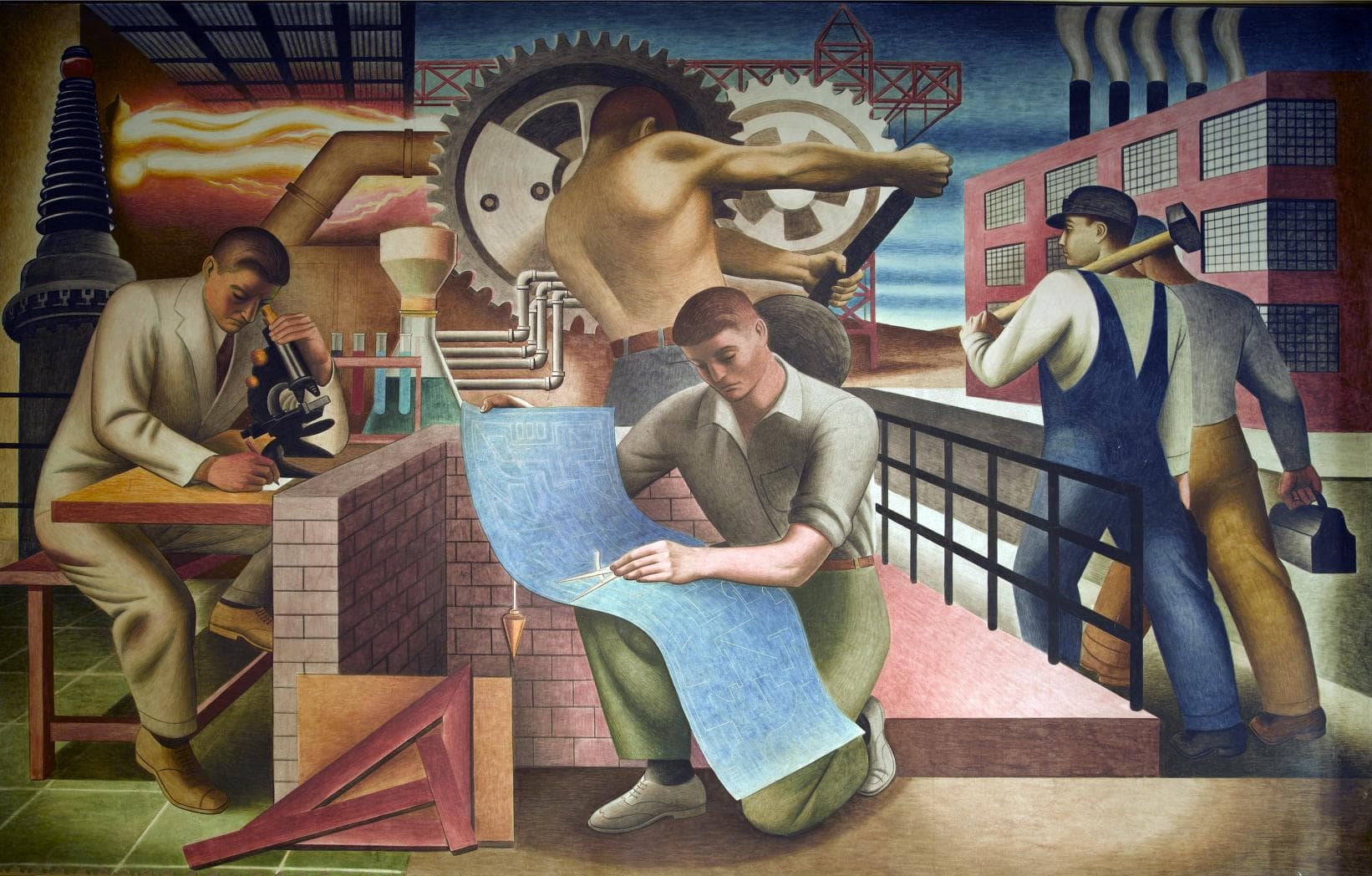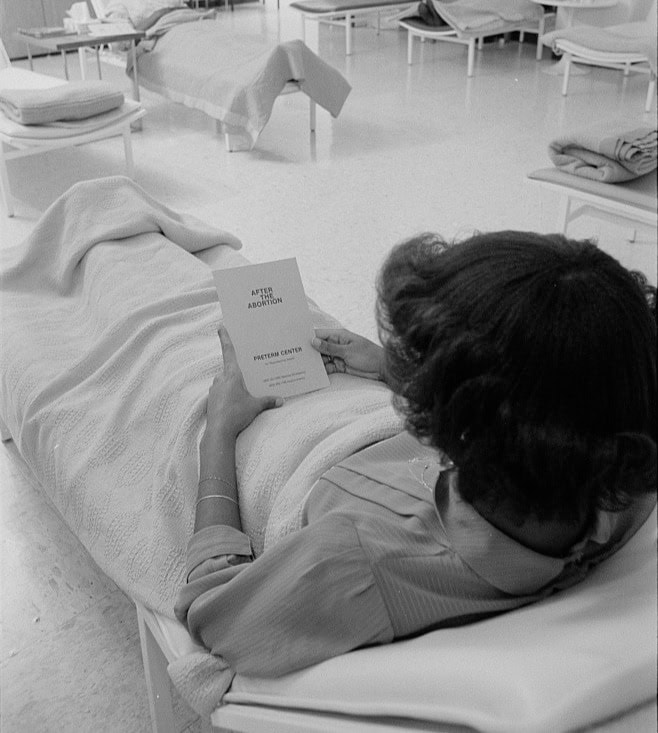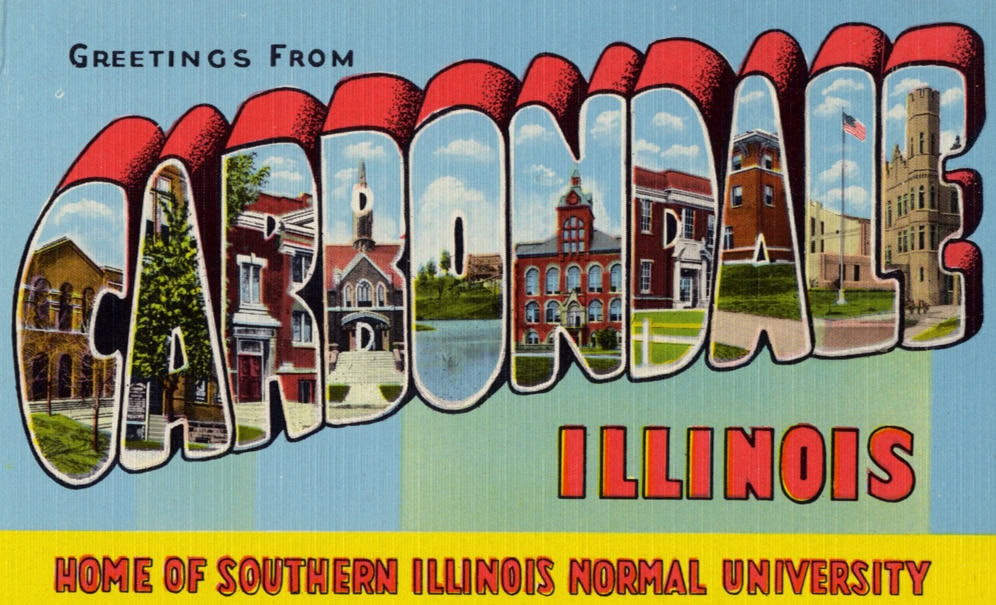During the summer of 1999, I participated in a six-week study tour of Belarus, the Kyrgyz Republic in Central Asia, and the Czech Republic. Our group of 14 consisted of college and university faculty, secondary-education teachers, and academic administrators, and our goal was to study how academic systems in these three countries have adjusted to the disintegration of the Soviet system and to independent statehood. Although our focus was on future trends and prospects, the recent socialist past and its historical antecedents in each country also received attention. Proposing that our hosts contribute interpretations of their country’s pasts, we listened to a number of presentations that outlined the early modern and modern histories of the respective countries. Although such presentations were few and my observations are thus necessarily tentative, they nonetheless provide some fascinating insights into the study and teaching of history in post-Soviet countries.
All of the presentations testified to the toll taken on the discipline of history during the long political and cultural isolation of the Soviet period. In each of the countries we visited, presenters offered historical interpretations that drew from traditional narratives of cultural and national uniqueness, exclusivism, and external conquest. This apparent partiality for a more traditional historiographic mode renders a critical service: since 1991 history has been enlisted for political and cultural purposes, to serve as evidence of a people’s historical and cultural continuity and thereby proof of those people’s legitimacy and cultural value in the present.
To my initial surprise, a Marxist theoretical framework was conspicuously absent from the presentations, having been purged from political discourse in many countries in the post-Soviet era and thus academically marginalized. On the other hand, “Western” subdisciplines such as ethnohistory, social history, cultural history, and women’s history were also absent from the presentations. Then again, presenters paid little attention to regional and world developments or to factors such as their country’s strategic location, industrialization, and so on. Instead, strong subjectivism flavored the narratives, which were inflected by perspectives based on the presenter’s age, sex, and ethnic and religious affiliations, as well as personal relation to authority during the Soviet and post-Soviet times. Younger Kyrgyzhis, for example, spoke proudly of their nomadic and Muslim heritage and emphasized their wish to establish Kyrgyz as the language of instruction and historical research. In contrast, two older academics (of Iranian and Russian ethnic origin respectively) projected the positive continuity of the Soviet past into contemporary Kyrgyz life and viewed the Russian language as the “natural” tool of academic research and daily communication. Likewise, Czech speakers punctuated their narratives with signifiers of ethnicity and religion. One lecturer, for example, asserted the lack of anti-Semitism among Czechs, attributing it to progressivism in Bohemia (Moravia was excluded from his analysis). “Bohemia,” he argued, “was never as backward as the eastern areas of the Habsburg Empire,” where, by implication, anti-Semitism had existed. Then he elevated the Habsburg Empire, in toto, as an enlightened example to be contrasted to the neighboring Russian empire, with its frequent and violent anti-Jewish pogroms. Czech speakers also sounded relieved and grateful that the “enlightened” Habsburgs and not the “horrific” Ottoman Turks had subjugated their people. And for that reason many presenters considered Bohemia (and invariably Moravia) as the border of Europe, demarcating it from the culturally alien Ottoman dominions.
Thus, interpretations of the early modern and modern histories of the respective countries depicted culturally identifiable and homogeneous peoples who shared a traumatic and recurring historical experience that encompassed struggle against powerful neighbors, inescapable but heroic defeat, and surrender. Liberation from foreign rule likewise figured in these narratives as an act of collective triumph. Besides the collective entity of a “people,” only a few historical personalities (mainly political or military leaders) were acknowledged. Individual leaders, much like the nation, had carried out acts of heroism, martyrdom, or dignified subjugation. The likelihood of complicity, collaboration, accommodation, or mere resignation to one’s fate did not come up in these historical interpretations.
One explanation is that in all three countries, history assumes an important “civic” function in this era of independent nationhood. According to Kyrgyz historians, history demonstrates and confirms their cultural continuity and diversity. They assert that the Soviet period, with its ideological orthodoxy and rigid Soviet nationalism, interrupted but did not undermine the cultural diversity of Kyrgyzstan. “All of it is in the history now,” remarked a Kyrgyz academic discussing the impact of Soviet rule upon his country’s recent past. While disposing of the Soviet period as traumatic and unsettling, Kyrgyz academics drew from other stages of their historical past for paradigms of political and ethnoreligious integration.
Czech and Belarusian speakers also claimed history as a tool of seminal importance to the present and future of their countries and to their “westward” orientation. They sought to reconstruct a detailed record of historical and cultural continuity complemented by consistent evidence of interaction with western European countries. It was as if the assertion of a country’s postcommunist identity and status required history to validate diachronic cultural continuity, Europeanness, and sophistication. Speakers went on to juxtapose these attributes against the identity of neighbors who were declared to have an invariably weak record of national continuity and uniqueness.
A dramatic example of the struggle over history is currently playing out in Belarusian universities. Interpretation of the Soviet period is a point of contention in at least two universities in the capital city, Minsk. Here, history is deeply entangled with the ongoing struggle between the authoritarian political status quo and its fierce opponents. Since there is no consensus on the facts and legacy of the Soviet period, faculty infuse their approach to the topic with their own beliefs and political experiences. Actually, a more complex political and cultural confrontation is going on between two ill-defined camps. Anticommunist, prowestern, proreform educators castigate the whole Soviet experience as a totalitarian, dehumanizing, and regressive experiment. They have rejected the state-authorized textbooks of recent Belarusian history and, in the absence of “accurate” accounts of the Soviet period, require their students to “discuss” these accounts but not “read” them. On the other hand, communists, antiwesterners, Marxist ideologues, and supporters of the current government—whose policies and rhetoric blend communist, nationalist, populist, and dictatorial traits—project the Soviet era as progressive, liberating, modernizing, and egalitarian. They continue to teach it as such and adopt textbooks provided by the ministry of education. Until Belarusian political life reaches a point of openness, the recent history of the country will remain a political commodity, written in an “official” interpretation by some, while “banished” by others. “We don’t write it, we talk about it,” noted a history faculty. He was the only academic willing to speak with openness, even if cryptically, about recent history. Many others consider it a serious political risk to do so.
Such fears are hardly unwarranted. Upon independence in 1991, Belarus declared Belarusian as its official language for the first time in modern history. People quickly expressed another buoyant wish that the history of the country be written in the national language. However, in 1994 Aleksandr Lukashenko swept into the presidency after winning the popular vote. The new president swiftly introduced repressive, dictatorial policies and assailed the nascent spirit of openness and cultural expression. At the same time, he set the country’s foreign policy on a reverse course. His priority has become to achieve a political union with the Russian Federation and to build a regional antiwestern and anti-American alliance in the hope that cooperation with Russia will yield economic assistance from Moscow and reopen traditional markets for Belarusian products.
Toward this end, Lukashenko also extended a symbolic, yet important, gesture of loyalty to Russia by reinstating Russian as Belarus’s official language. And so the politics of history took another twist. The regime endorsed the Russian language, restricted the use of Belarusian, and brought back the interpretative understanding of early Belarusian history taught under Russian/Soviet rule, which depicts the Soviet period as liberating, modernizing, and constructive.
It is not only the teaching of history that has fallen under the government’s rigid grip in Belarus. Archival research and scholarship that does not buttress the official narrative of early modern/modern Belarusian history is similarly banned from publication. Our Belarusian hosts also pointed out a logistical difficulty about doing history: invaluable archives relating to Belarusian history are still housed in Moscow. During the period of glasnost, the Soviet leader Mikhail Gorbachev promised the return of these archives, but that promise is yet to be fulfilled. Then again, our Belarusian presenters acknowledged that “we also have materials about neighboring countries,” referring to Russia and Poland. They implied that an unspoken policy of archival boycott is going on among neighbors who wish to deprive each other of important evidence of their historical pasts. In any case, even if the Russian government released archival collections to Belarus, historians and other scholars in that country would still be apprehensive about making use of available primary materials; they know well that deviation from the official state interpretation of the country’s history can be grounds for losing one’s job or facing incrimination and imprisonment.
Currently, the Belarusian educational system, like education across the post-Soviet world, is undergoing reform. Yet those involved in the ambitious task of revamping all levels of education (academics and administrative functionaries from the Ministry of Education) do not plan to include history in the new curricula. History is controversial and politically charged, unlike fields such as computer science, educational administration, and literature. The faculty with whom we met refused to speculate on the future of history as a curricular subject at universities. Colleagues at both private and state institutions showed the same apprehension. It will be a while before national scholars cease to appropriate, idealize, or contest their received “past” and turn to more comprehensive studies of their countries’ modern histories. Political exigencies (in the Belarusian case this translates into brute oppression), the divisive use of history, and dire economic conditions conspire against such ambitious projects.
Clearly, the writing of accurate history requires not only cultural freedom, but also economic resources. At this point, many historians in Kyrgyz, Belarusian, and Czech universities are forced to rely solely on meager shelves of books in the corner of a room, which often constitute the library of a department or even a university.
Nevertheless, there are promising signs of change. Academic and commercial publishing ventures, taken for granted in the United States, are slowly making an appearance in post-Soviet countries. Small, private publishing houses are trying to establish themselves by directing their efforts to translations of national literatures that hold the possibility of informing the historically curious. In allegory or in poignantly direct language, the Kyrgyz author Chingiz Aitmatov and the Czech authors Vaclav Havel, Bohumil Hrabal, and Ivan Klima help us understand why the collapse of the Soviet bloc came from within its walls in loud quietness. They suggest that by the time the ideal of communism had reached the stage of applied socialism, it had sapped the spirit of ordinary citizens. Such authors expose the interdependence of communism and anticommunism during the Cold War and venture penetrating critiques of the inadequacies of modern indirect democracy, including our own.
The fate of history in the post-Soviet world demonstrates how vulnerable, incomplete, and compromised this human intellectual endeavor can be. In some countries history has become a point of violent political contention. In most post-Soviet countries teaching and doing history will continue to suffer as long as economic hardship and political uncertainty plague those societies.
On the other hand, this is an optimistic period for historians on both sides of the vanished Iron Curtain. For a long time, the real and imaginary walls of the Cold War separated historians and academics in the east and the west and impaired the will and purpose of the historical guild. As we now try to reacquaint ourselves and recognize each side’s wish to be understood on its own terms, we can learn from each other’s ways of doing history.
Dimitra Giannuli is an associate professor of modern European history at the University of Minnesota at Morris with specialty in Balkan and Ottoman history. She is currently completing a book manuscript on American philanthropy in Greece before World War II.


